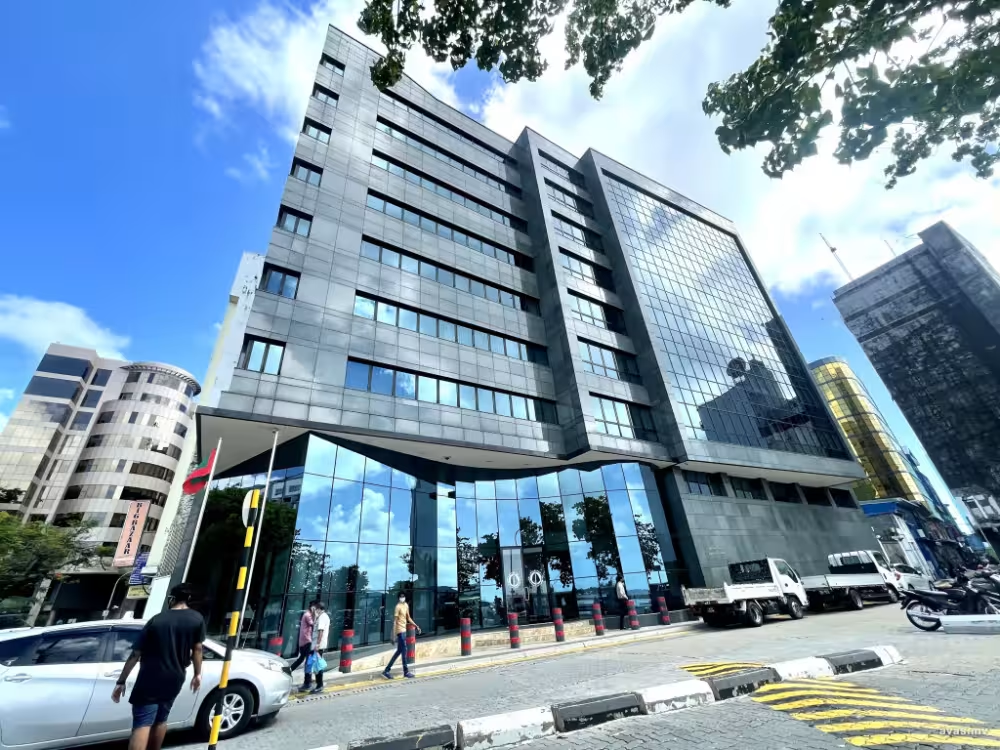Tourism industry players have significantly contributed to foreign exchange deposits, with more than $50 million deposited in banks by the end of January, following the enforcement of the Foreign Exchange Regulations.
According to the central bank, the country's official reserves increased to $708.1 million by January’s end, reflecting a 5% rise compared to December. This growth was primarily driven by higher foreign exchange inflows exceeding expenditures. Revenue from taxes and fees also surged by 12% in January compared to the previous month.
Adjustments made under the Foreign Exchange Regulations played a crucial role in this increase. The central bank noted that foreign currency-earning businesses had deposited over $50 million in banks in January, based on earnings from October of the prior year.
Additionally, the Maldives Monetary Authority (MMA) reported that 90% of resorts adhered to the regulations by depositing foreign currency into the banking system. Under the Foreign Exchange Act, since last month, Category A resorts are required to deposit either $500 per tourist or 20% of their gross monthly income. Meanwhile, Category B guesthouses must deposit either $25 per tourist or 20% of their monthly income.
Initially, the MMA estimated that the new regulations would bring in between $30 million and $40 million in the first month. However, the actual deposits surpassed expectations, demonstrating the effectiveness of these measures in strengthening the country’s foreign exchange reserves.



